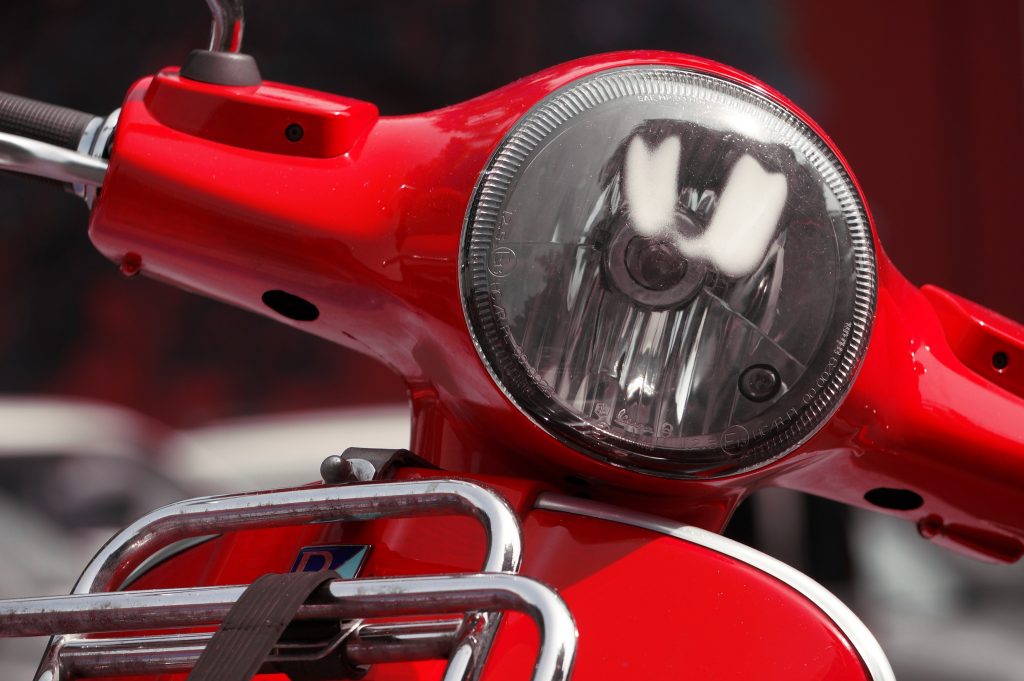Don't miss our holiday offer - 20% OFF!

Read also : Automated Parking Concept: Smart Solution for Availability
Modern electric motors have become the backbone of many industries, from electric vehicles to industrial equipment. To ensure efficient and safe operation, pressure sensors play a crucial role in optimizing the performance of electric motors. In this article, we will explore how pressure sensors work and how they can be used to enhance the performance of electric motors.
Contents
What Are Pressure Sensors?

Read also : Optimizing Office Energy Use with Smart Technology
Pressure sensors are electronic devices used to measure the pressure of fluids or gases within a system. They function by converting pressure into measurable electrical signals. Pressure sensors come in various types, but they all serve the same primary purpose: providing information about pressure within a system.
Types of Pressure Sensors

Read also : Security and Privacy in Connected Parking Systems: Challenges and Solutions
There are several types of pressure sensors used in various applications, including electric motors. Some of them include:
Absolute Pressure Sensors
Absolute pressure sensors measure pressure relative to perfect vacuum pressure. They are often used in applications where the absolute pressure of a fluid must be known, such as in aircraft navigation.
Differential Pressure Sensors
Differential pressure sensors measure the pressure difference between two points within a system. They are useful in measuring fluid flow and process control.
Gauge Pressure Sensors
Gauge pressure sensors measure pressure relative to atmospheric pressure. They are widely used in applications such as tire pressure measurement in vehicles.
How Pressure Sensors Work

Read also : Gas Sensors : Monitor the Health and Safety of Electric Motors
Pressure sensors operate on the basic principle of changes in resistance or capacitance when pressure changes. When pressure on the sensor changes, the electrical signal generated by this change can be measured and interpreted.
Optimizing Electric Motor Performance with Pressure Sensors

Read also : Security and Preparedness Enhanced by Smart EWS Technology
Electric motors often employ pressure sensors for various purposes, including measuring oil pressure, cooling, or even leak detection. With accurate information from pressure sensors, operators can optimize electric motor performance in the following ways:
Oil Pressure Monitoring
Oil pressure sensors assist in monitoring critical oil pressure for effective lubrication. This helps prevent excessive wear on engine components and ensures that the motor operates at its highest efficiency.
Air Circulation Control
In larger electric motors, pressure sensors are used to control appropriate air circulation. This helps maintain the motor’s temperature within the optimal range and prevents overheating.
Leak Detection
Pressure sensors can also be utilized for detecting leaks in the electric motor system. By identifying unusual pressure changes, potential issues can be identified earlier, allowing for repairs before further damage occurs.
Conclusion

Read also : Flood Weather Sensor: Advanced for Prediction and Mitigation
Key elements for enhancing electric motor performance include measuring crucial parameters in various applications, promoting efficient and safe motor operation. With a firm grasp of their functionality and appropriate application, you can boost motor performance and extend its lifespan.
Therefore, these components serve as valuable investments for ensuring maintenance and the successful operation of electric motors in today’s ever-changing landscape.





